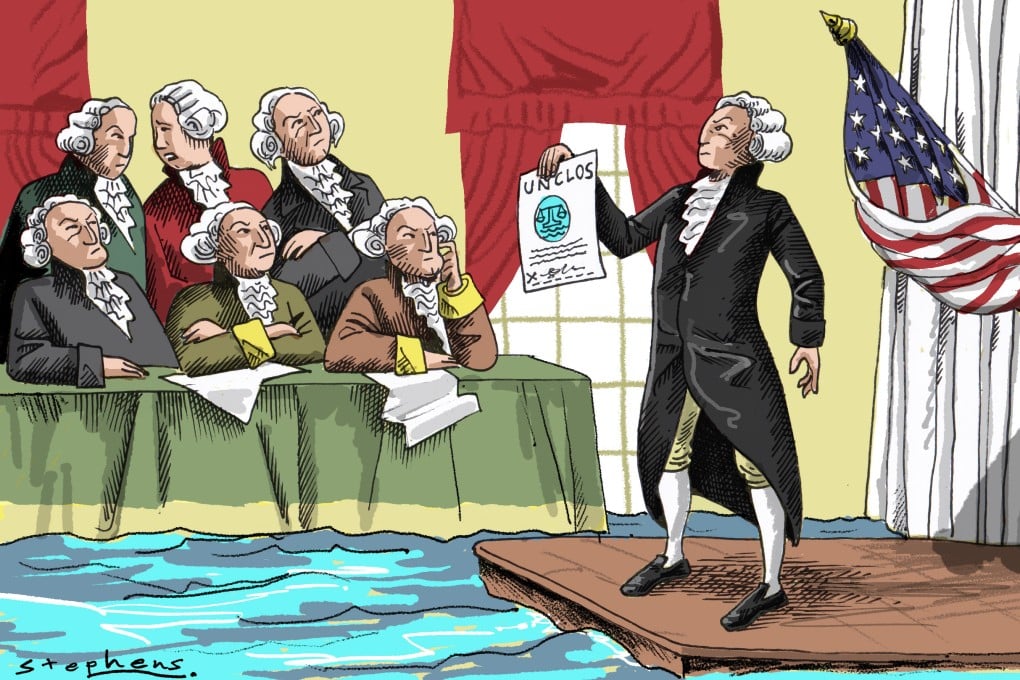Opinion | Why getting US to ratify UNCLOS will aid Asean’s South China Sea goals
- Asean and Vietnam in particular are in position to bolster an effective maritime approach to regional integration to better protect the marine environment
- China’s maritime actions undermine the freedoms set out in UNCLOS, making it essential for Asean to convince the US to ratify the agreement

December 10 marked 40 years since 119 delegations, perhaps inspired by the clear blue waters of Jamaica’s Montego Bay, became the first signatories of the United Nations Convention on the Law of the Sea (UNCLOS), a comprehensive framework for the governance of the world’s oceans and seas.
No oceans law can stop rising tides. However, UNCLOS enshrines the fundamental principle of freedom of navigation and requires states to ensure that navigation is conducted safely and conforms to generally accepted international regulations and practices.
The agreement at the onset did not anticipate the arrival of climate change. Since then, though, it has swiftly adopted the 1994 agreement on the implementation of Part XI of UNCLOS and the 1995 UN Fish Stocks Agreement.

